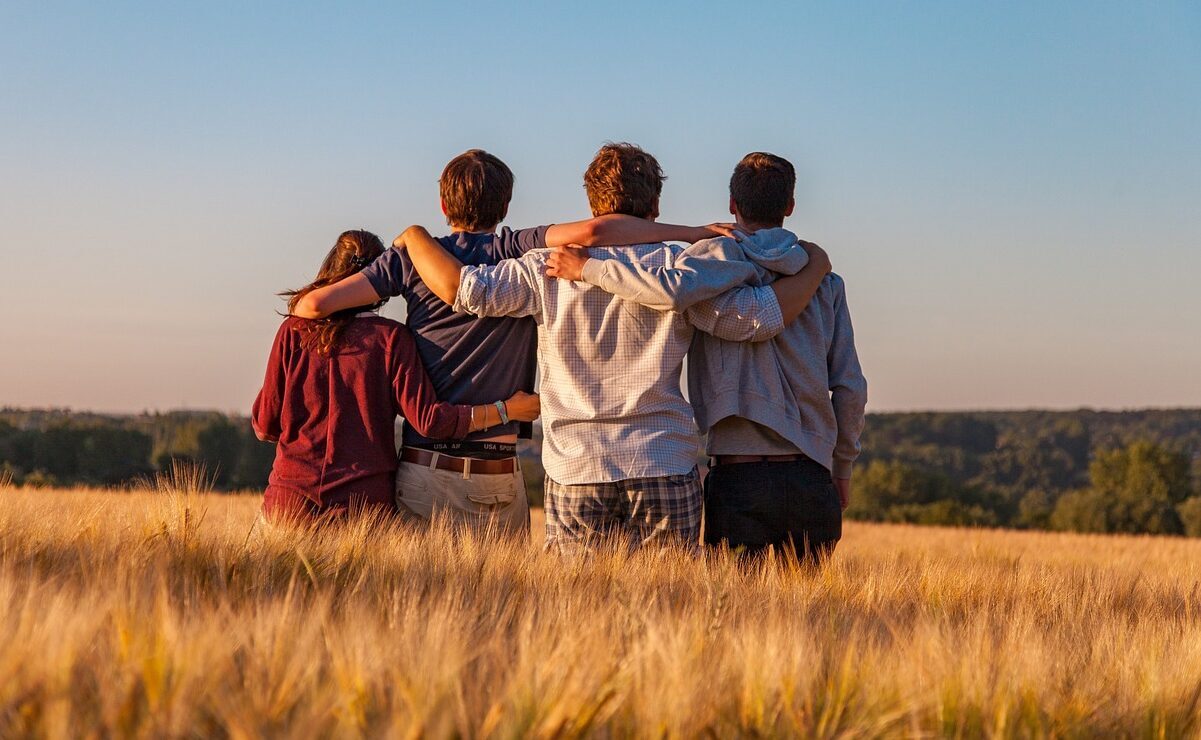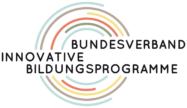Information for parents



Even though all young people are responsible for the design and implementation of their own award program, you as parents, guardians or caregivers play an important role. Moral support and affirmation make an important contribution when it comes to young people achieving their sometimes challenging goals.
We have put together some basic information for you on the following pages. If your child is already registered for the Duke Award, we have some tips for you on how you can help.
Information for parents
What your child can learn
By participating in the Duke Award, your child will develop skills and mindsets needed to become a confident and well-rounded adult. Skills that can open many doors in the job or training market include among others:
- Self-confidence
- Resilience and perseverance
- Working together in a team
- Dealing with feelings
- Problem-solving skills
- Adaptability and creativity
So support your child in participating in the Duke Award and invest in his or her future!
Impact of the Award
Supervision of participation
Your child will be supervised by an Award Leader throughout their participation in the Duke Award. This is usually a teacher.
All Award Leaders are trained by us to ensure that young people have access to a safe and high-quality program. Chaperones who supervise your children on an expedition are subject to the school’s Code of Conduct and our association’s policies. Study groups offered in school are the responsibility of the school.
As part of their participation in the Duke Award, your child may undertake activities that are not offered by the school, e.g. at a sports club or youth centre. In this case, you as parents are responsible for ensuring that the activity is properly run, insured and that the adults are suitably qualified and vetted.
Expedition
The expedition area represents a particular challenge for pupils. The aim is to allow young people to experience independence and self-efficacy in a team.
All participants plan an expedition (bronze level: 2 days/1 overnight stay in a tent, silver and gold 3 and 4 days respectively) in the surrounding area, carry it out and conclude it with a presentation.
The following rules apply:
- They are supported in the planning, preparation and implementation by a supervisor (usually a teacher).
- The young people’s planning is also checked by an assessor.
- If necessary, the supervisor accompanies the young people to their starting point. From there, the young people set off on their own. Approximately every 1.5-3 hours there is a meeting with the supervisor at a so-called checkpoint to clarify any questions.
- The young people spend the night unsupervised in tents they have brought with them.
- The participants carry all their own equipment.
- They provide for themselves and cook their own dinner on a Trangia stove.
- Handling the equipment, especially the stove, is practiced beforehand.
- Participants are allowed to have cell phones with them, but these are kept in a sealed envelope and may only be used in an emergency, otherwise the envelopes must be kept sealed until the end of the expedition.
- An emergency telephone is always on so that the group can be reached by the supervisor.
- Orientation and navigation are carried out using analog maps.
- The supervisor is always available, even during the night. They spend the night near the young people, but not with them.
- The young people undertake the expedition at their own risk.
Supervision is always based on the principle of “as much as necessary, as little as possible”. If you have any questions about supervision, your child’s Award Leader will be happy to help.
Protection and safety
In every situation and at all times, the welfare, protection and best interests of the participants are paramount.
It is part of our organization’s commitment to ensure that the welfare of all young people, regardless of gender, ethnic or national origin, sexual orientation, disability, religion or belief, race, age or personal characteristics, is a top priority and that protection from physical, sexual and emotional harm is guaranteed.
In the expedition part of the program, careful planning of the expedition in advance and its documentation in the route table and topographical map ensures a high level of safety. Your children will also receive appropriate training before an expedition and learn how to handle their equipment, navigate, bivouac and cook outdoors, treat wounds and react well in an emergency, and work together as a team. Nevertheless, an expedition is always associated with risks.
You can find more information in our child and youth protection guidelines.
Child protection policyHow you can support your child?
Just as you support and guide your child in other areas of their life, they may also need your support with the Duke Award. This could include encouraging them to keep their documentation up to date, offering rides to activities or the expedition area and, where possible, providing financial support for expedition equipment.
The most important thing is for sure: celebrate all milestones with your child!
Tips for parents:
- Activities: Help ensure that the activities your child chooses are exciting, but also doable.
- Documentation: Remind your child to document activities by making regular entries in the online record book.
- Find a reviewer: Each young person must find a reviewer for each activity. The reviewer can be anyone who has some knowledge of the chosen activity and is willing to supervise your child’s participation. It can be the gymnastics or sports teacher, the art teacher, the employee of a club or a volunteer organization. However, it must not be a family member.
- Obtain an expert opinion: If your child is fairly advanced with their program, remind them to make sure their evaluators write their reports so they can complete the Duke Award and receive the award.
- Using the Award: Make sure your child includes the award with their application materials and talk to them about the experience.
- Volunteer to support the Duke Award: Perhaps you could also consider volunteering at your child’s school? For example, you could support the groups on expeditions, raise funds to buy equipment or offer an activity, such as reading, going to the museum regularly or learning skat.




